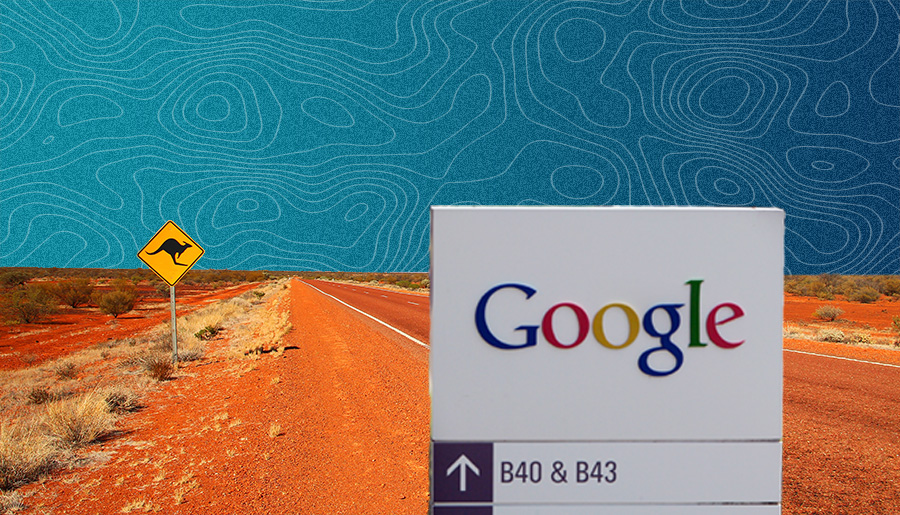Imagine the nightmare that life would be if Ask Jeeves was the only search engine around. Seriously, the Earth would be in chaos, nothing would ever get done. You’d go to search for something only to grapple with the user interface, and your soul would shatter. The land would be scorched with weeping, gnashing of teeth, and people praying for library encyclopedias to be resurrected.
Now of course, I somewhat jest, but this hypothetical demonstrates just how big Google is. According to the company’s findings, people now use the service to learn everything from how to draw to how to cook tomahawk steaks. It’s also the place where a whack of people get their COVID news, the AFL results, and Ukraine updates. Their search engine is basically the first place to go if you need any information.
Moreover, this accumulation of cultural power has been swift. As of today, this company is celebrating its 20-year anniversary in Australia.
“The Australian team started in a lounge room in 2002, with just one employee,” stated Google.
“We now have over 2,000 local Googlers, with about half of us supporting our engineering work, and through our apps and services, we now provide nearly $67 billion in annual economic value to Australia.”
Related: The Google Maps Hacks You Didn’t Know You Needed
Related: How to Remove Your Personal Data From Google (Which You Absolutely Should Do)
Nevertheless, while Google is a vital tool for a lot of Australians, it also hasn’t always been the most ethical of companies. Only one month ago, Google agreed to pay a $60 million fine in a court case against the Australian Competition and Consumer Commission (ACCC). This is because Google mislead its users about how it collected their location data on Android phones.
“Google, one of the world’s largest companies, was able to keep the location data collected through the ‘Web & App Activity’ setting,” explained the ACCC’s Chair, Gina Cass-Gottlieb. “And that retained data could be used by Google to target ads to some consumers, even if those consumers had the ‘Location History’ setting turned off.”
“Personal location data is sensitive and important to some consumers,” Cass-Gottlieb also stated. “And some of the users who saw the representations may have made different choices about the collection, storage, and use of their location data if the misleading representations had not been made by Google.”
Therefore, the last 20 years of Google’s history have been complicated. It’s a company that has been both useful for Australians and has exploited them. It can be tricky at times to grapple with both of these facts.
Additionally, Google isn’t going anywhere. It will more than likely be in Australia for another 20 years to come. Therefore, we can only praise them when they’re helping us and critique them when they’re hindering our wellbeing. Well, that is unless we all switch over to the defunct Ask Jeeves.
Read more stories from The Latch and subscribe to our email newsletter.







